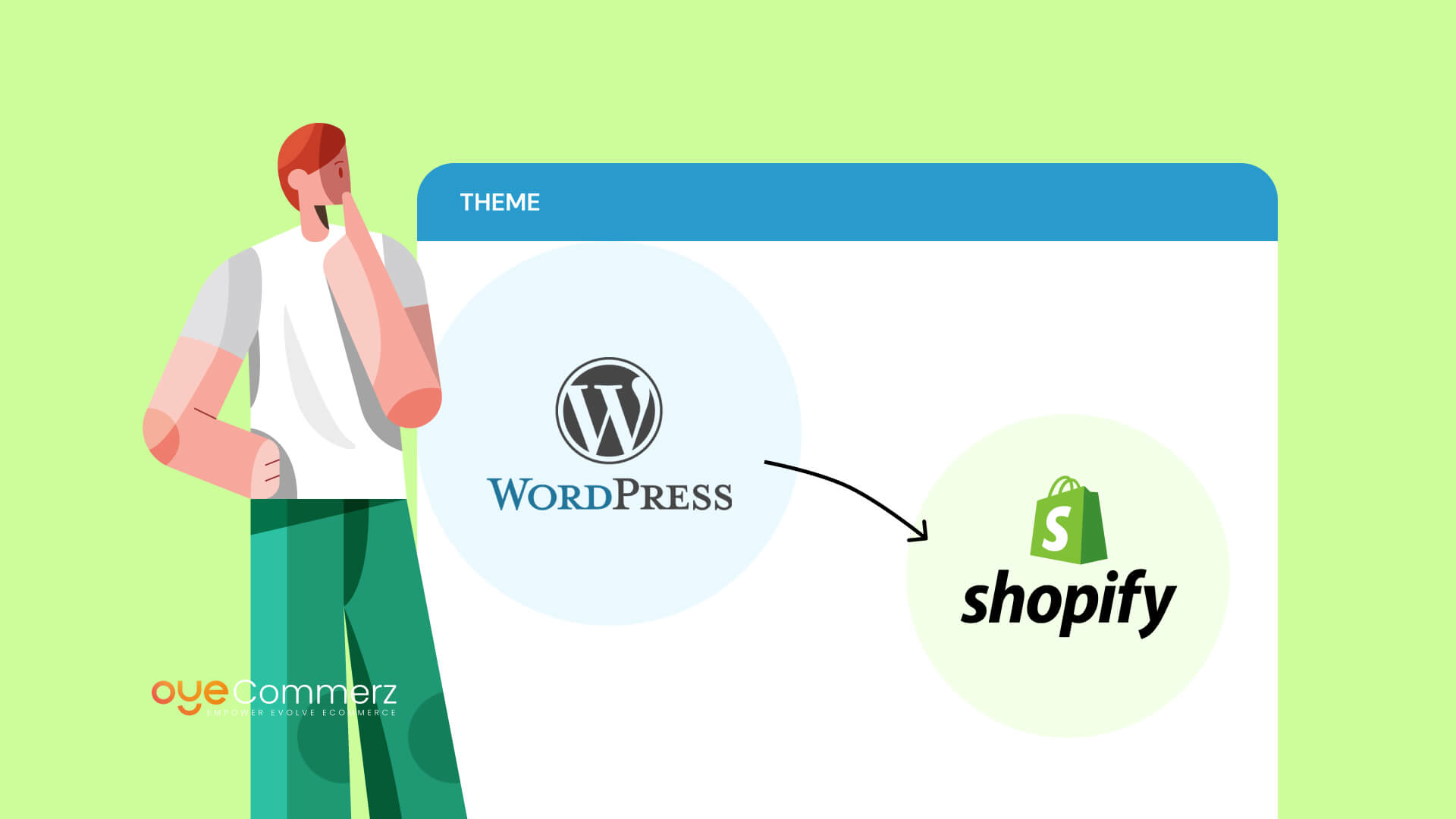In the ever-evolving sphere of eCommerce, choosing the best system is essential for your business's success. If you’re presently using WordPress and thinking about a migration to an alternative, you’re not the only one. Numerous businesses are switching to utilize Shopify’s comprehensive tools, ease of use, and scalability. This guide will take you through the steps of migrating from WordPress to Shopify seamlessly, making sure that you unlock your online retail potential.
Why Migrate from WordPress to Shopify?
Ahead of starting the migration process, it’s essential to realize why this transition can be advantageous for your digital storefront:
Intuitive Design: Shopify features an straightforward interface that simplifies store management, enabling for non-technical users.
Flexibility: As your business grows, Shopify can accommodate increased traffic and transactions without compromising speed.
All-in-One Solutions: Shopify includes built-in tools for SEO, analytics, payment processing, and more, minimizing the necessity for several plugins.
Advanced Safeguards: With Shopify, you benefit from strong security features that safeguard critical customer information.
Steps for a Smooth Migration
Migrating your online store from WordPress to Shopify involves key steps.
Here’s steps to ensure a hassle-free transition:
Prepare Your Migration Plan
Begin by drafting your migration strategy. Pinpoint which elements of your present site you want to move, such as:
Product data
Customer information
Purchase logs
Articles
Select the Right Migration Solution
Based on your preferences, opt for a migration plan that suits your eCommerce goals. Migration experts offers multiple options:
Starter Package: Perfect for compact stores with plan your Shopify migration minimal products.
Standard Migration Package: Suitable for medium-sized businesses with moderate requirements.
Comprehensive Solution: Perfect for big stores needing extensive customization.
Save Your Information
Ahead of beginning the migration, ensure that you have a complete backup of your WP site. This action is crucial in the event anything goes off track during the migration.
Extract Your Content from WordPress
Utilize plugins or alternative solutions to export key content from your WP site:
Products
Clients
Orders
Articles
Import Content into Shopify
Once you have your content extracted, use Shopify’s built-in features or external apps to transfer your information into your updated store. Confirm that all data is accurately formatted and arranged.
Adapt Your Shopify Platform
After migrating information, tailor your Shopify store’s theme to match with your style. Consider engaging a designer if you want advanced customization.
Configure Checkout Systems and Shipping Options
Set up billing solutions and delivery choices in Shopify to ensure a smooth purchase experience for customers.
Apply Search Engine Optimization Best Practices
To preserve your SEO performance during the change:
Set up 301 redirects from old URLs to new ones.
Refresh WordPress to Shopify tutorial descriptions.
Adjust visual content and copy for search engines.
Test Your New Shop
Prior to launching, extensively test your new store. Look out for any errors, transaction errors, or untransferred content.
Go Live Your Store
Once everything is in place, it’s time to launch! Share the transition to your clients and motivate them to experience the updated capabilities of your Shopify store.
Post-Migration Assistance
Following launching your new store, ongoing support is important. Explore engaging experts who can guide with:
Site maintenance
Customer engagement
Performance optimization
Conclusion
Migrating from WordPress to Shopify can be a transformative step for your eCommerce. By adopting this guide and working with tools like those offered by industry leaders, you can achieve a effortless transition that boosts your digital storefront. Embrace the change and realize the advantages of Shopify today!
